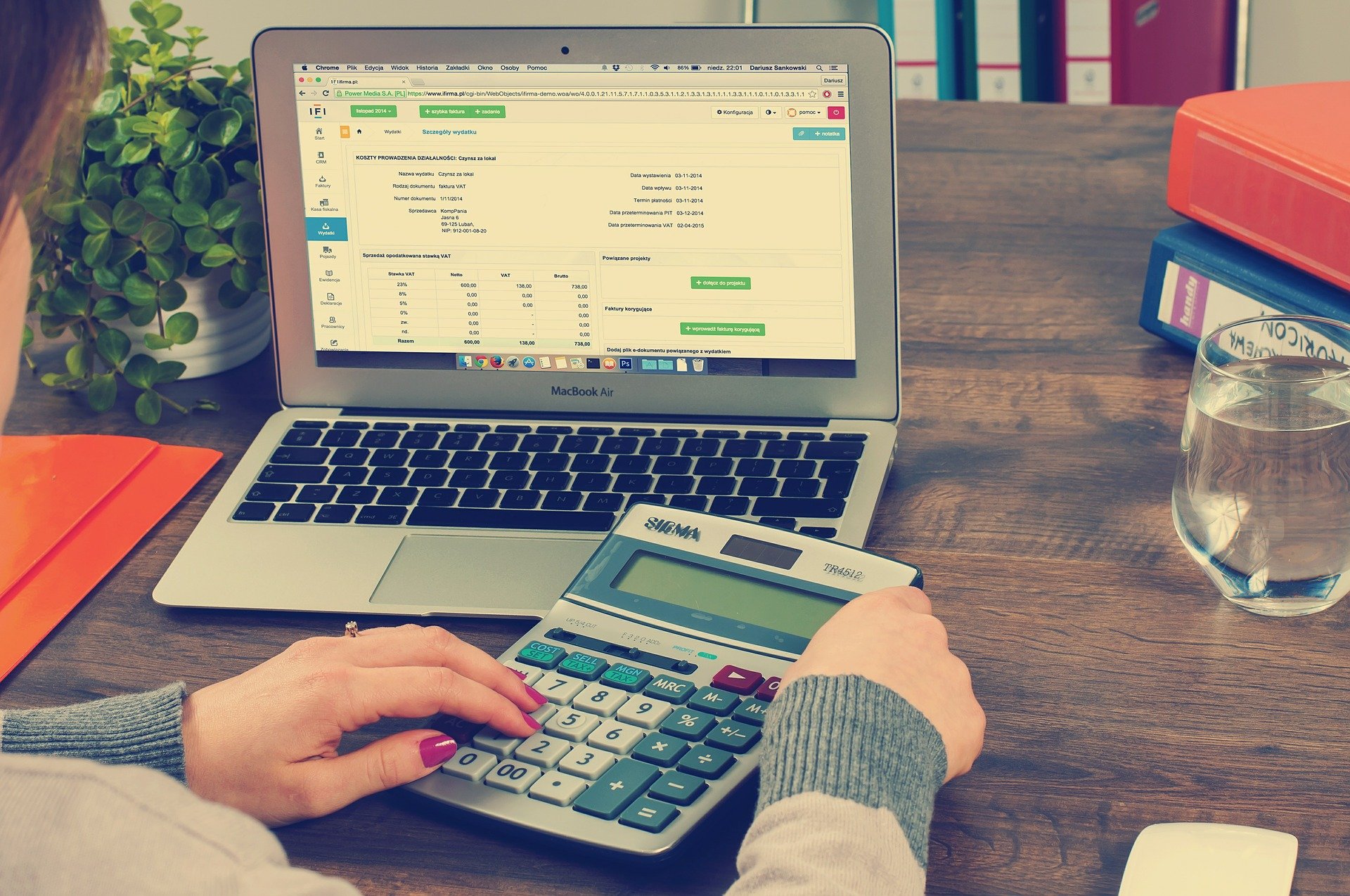Council Tax Debt

Table of Contents
What Is Council Tax?
Council Tax is a yearly fee paid to your local authority, used to pay for all the public services that are in your local area. These include refuse collection, police and fire services, leisure facilities, educational facilities etc.
Council tax can either be paid in twelve or ten monthly instalments: the latter giving you two months of payment holiday.
Council Tax should be treated as a priority debt, since the consequences for not paying can be harsh and arrears may not necessarily be able to be included in a debt solution.
If you do have Council Tax debt, then how it can be dealt with, may also depend on the local authority you are in arrears to.
Do I Have to Pay Council Tax?
Like other taxes, if you qualify to pay council tax i.e. you own or rent a property and are over 18 and not a full time student, then you have to pay it.
A Council tax bill is based on two or more people living at the address. If you are living with a spouse or partner, then you are jointly responsible for paying.
There are circumstances that could lead to you being given a 25% discount on your bill, these are:
If you live on your own,
If you only live with under 18s.
If no one in the home counts as an adult, then you may be given a 50% discount.
Other than this, the following people are also not eligible to pay:
People on some apprentice schemes
18 and 19-year-olds in full-time education
Full-time college and university students
Young people under 25 who get funding from the Skills Funding Agency or Young People’s Learning Agency
Student nurses
Foreign language assistants registered with the British Council
People with a severe mental impairment
Live-in carers who look after someone who is not their partner, spouse, or child under 18
Diplomats
If you are on an apprentice scheme, then you will need a declaration from your employer that you are:
Receiving no more than £195 per week,
The training leads to a qualification accredited by a body recognised by the Office of Qualifications and Examinations Regulation (Ofqual) or the Scottish Vocational Education Council (SVEC)
How Much is Council Tax?
Council Tax is largely based on the value of your property. Your property will have been placed into a band from A-H based on its value. Simply put, the higher the value of the property, the higher the band and the higher your council tax bill will be.
What Happens if I Fall Behind with My Council Tax Payments?
Council Tax is a priority debt, so it is always a good idea to treat it this way and pay it before you pay any other bills. The consequences for not paying can be severe. They range from:
Being Sent a Reminder
This will usually give you seven days to pay your bill. If you go ahead and pay the no further action will be taken.
Being Sent a Final Notice
If you do not pay before the seven days passes, then you will be issued with a final notice that asks for the full amount owing and again you will be given seven days to respond. This will include any arrears you have accrued and could include the remaining balance on that year’s council tax bill.
Being Issued with a Liability Order
Once the seven-day period for the Final Notice has elapsed, the council will likely begin legal action. If you fail to pay, a document granted to the council by the court will be issued, giving them powers to collect an outstanding balance. This is called a Liability Order.
Debt Collection
There are several ways that the council may try to reclaim the money owed. This could include:
Deducting money from your work’s wages.
Deducting money from your benefits including:
Universal Credit
Income Support
Employment and Support Allowance
Pension Credit
Jobseekers Allowance
If these methods do not allow the council to reclaim the debt, then bailiffs could be sent to your property to seize goods to the value of the debt.
Bailiffs
If bailiffs are sent to your house for the first time, it is important to note that you do not have to grant them access.
You may end up being summoned to a magistrate’s court for a hearing. However, this should not always be treated as a bad thing. If there are circumstances that have led to you not being able to pay, then this can be an opportunity to explain them. Bear in mind though, you may be expected to pay the court fees.
If after all this the council can still not reclaim the debt, then you may be given a prison sentence of up to three months.
How Long Can My Council Tax Debt Last?
If the council issues you with a debt that is over six years old, then it has much more limited powers to collect them. However, it is very unusual for a council to let a debt drag on for this amount of time.
What Can I Do to Pay My Counci Tax Arrears?
Of course, the best idea is the remember that this is a priority debt and to budget for it. If you do fall behind then, in the first instance, contact your local authority. Honesty really is the best policy!
Local Authorities will often have options to help with council tax debt, for example, paying over twelve months instead of ten will reduce the monthly payments, some authorities will let you pay weekly, if this suits your situation.
Once you fall behind, it can be difficult to catch back up so seeking debt advice can be a positive step forward.
Who Can Help Me with My Council Tax Arrears?
If you are having trouble paying your Council Tax or if you have other unsecured debts that are beginning to get out of control, then the following solutions may be right for you:
If you live in England, Wales Or Northern Ireland:
If you live in Scotland then the following may suit your needs:
Contact IVA4Me for help. We can help you begin to get your life back on track.
Council Tax Debt FAQs

Does Council Tax Affect Your Credit Rating?
In order for a debt or missed payment to affect your credit file rating, your creditor needs to submit this information to credit file agencies like Experian or Equifax.

Can You Go to Jail for Unpaid Council Tax?
The simple answer to this is that you could be sent to prison for up to 3 months if the court decides you do not have a good enough reason to not pay your Council Tax and you refuse to do so.

Can Bailiffs Force Entry for Council Tax Debt?
If a Bailiff knocks on your door, then it is important to know your rights. To begin with, get proof of their identity, check their ID.
